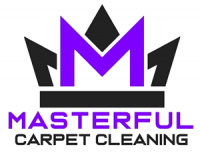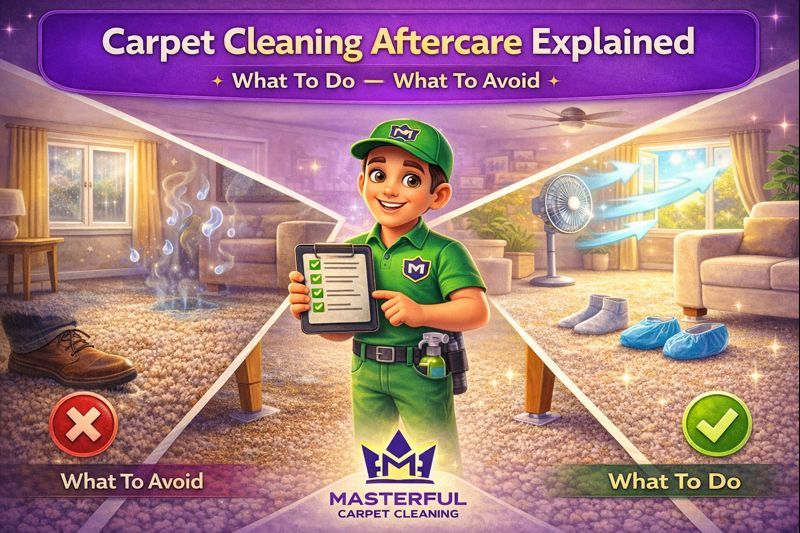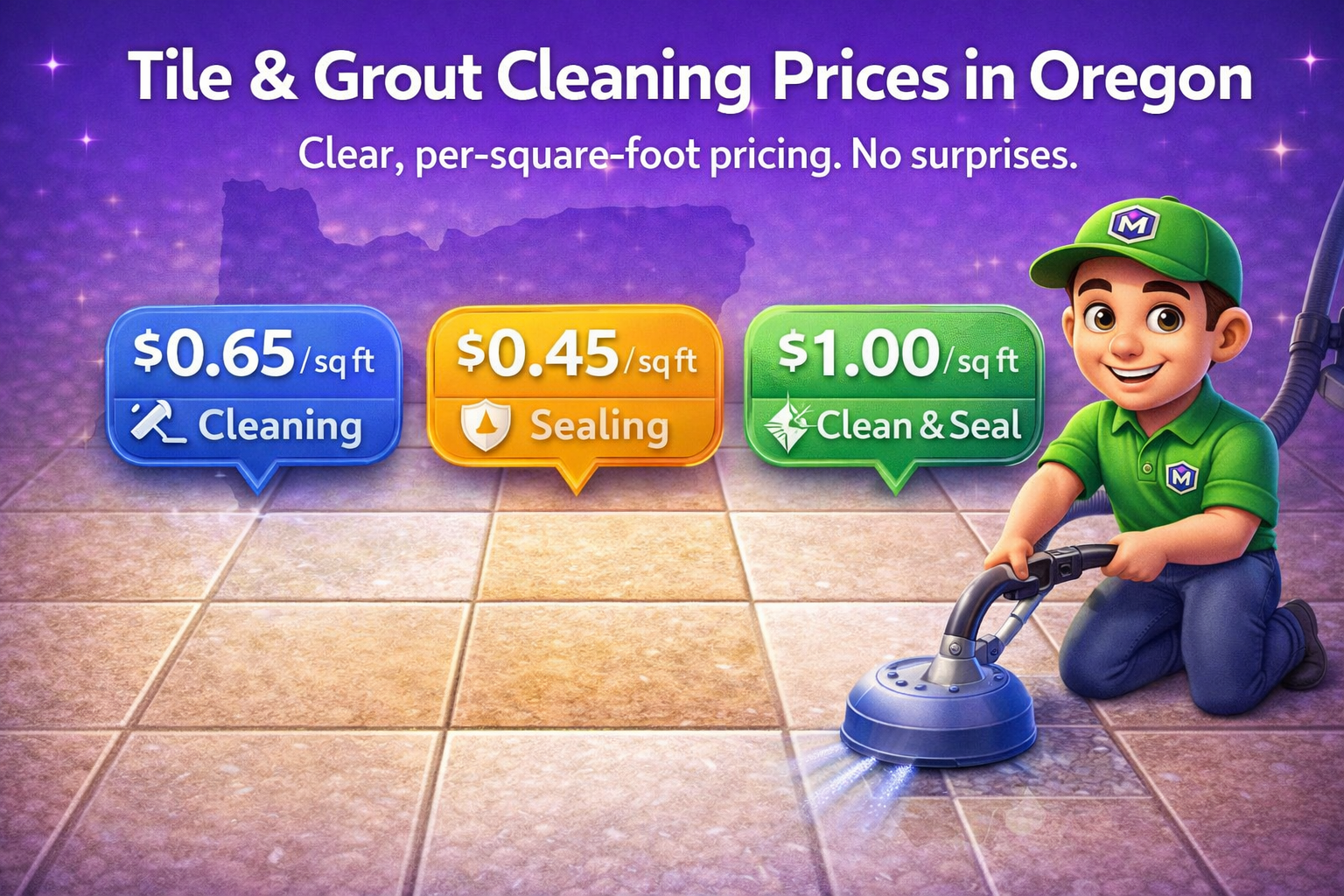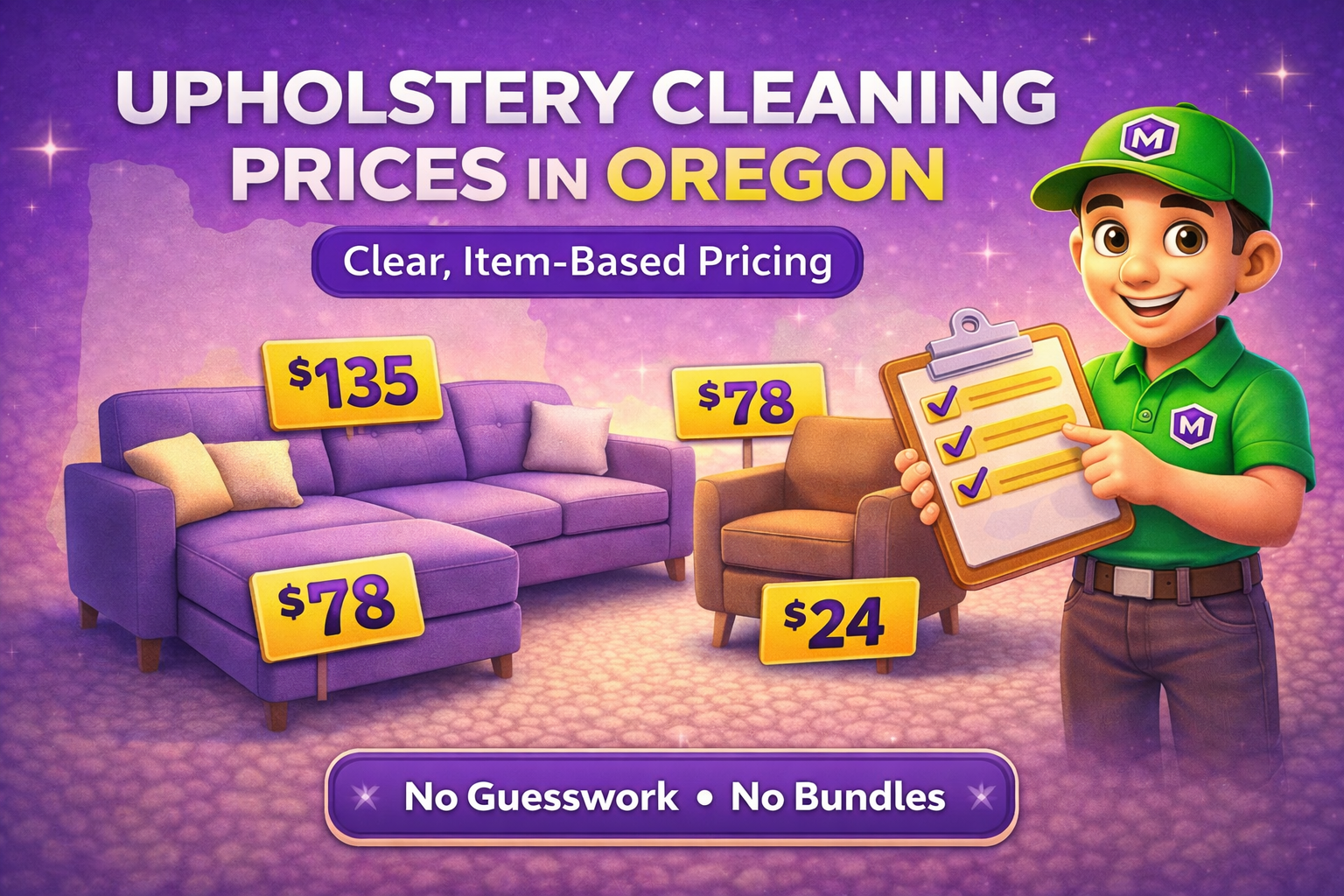Innovations in Pet Odor Elimination: From UV Lights to Enzymatic Cleaners
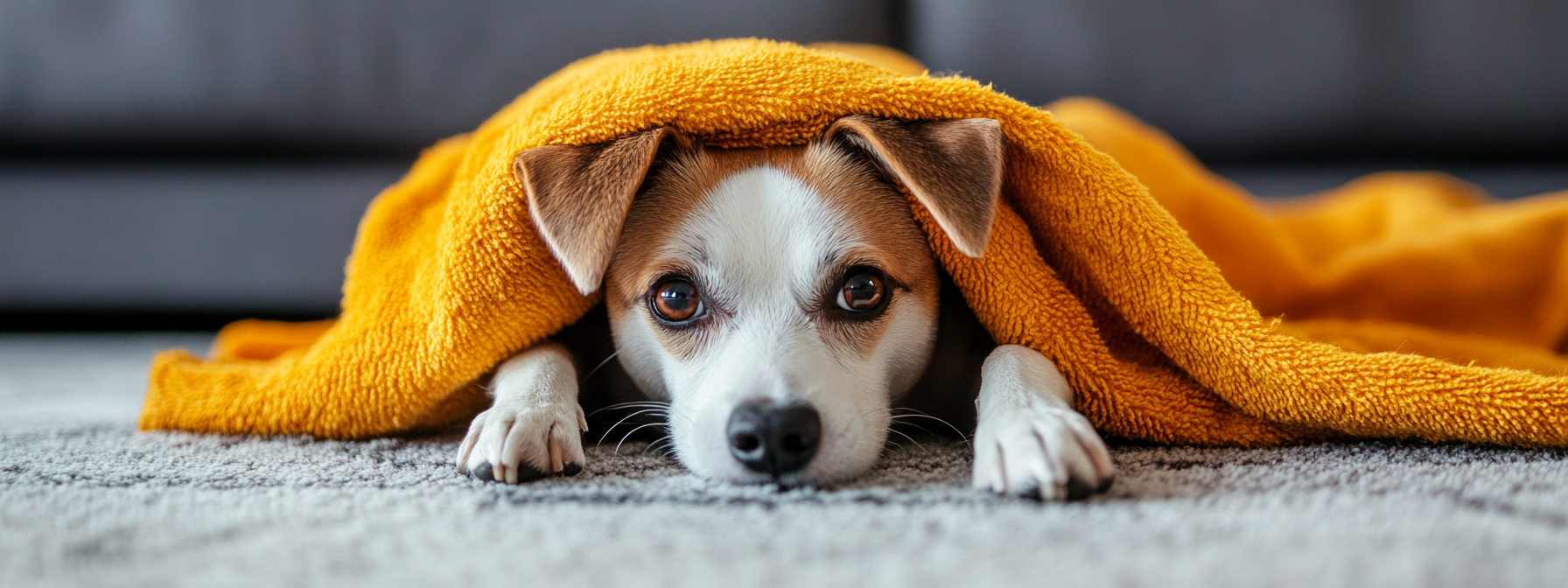
Pet odors can be a persistent issue for pet owners. Advancements in pet odor elimination technology now offer effective solutions.
This guide examines the latest innovations, including UV lights and enzymatic cleaners, to help you keep your home smelling fresh and clean.
What Causes Pet Odors?
Pet odors originate from bacteria breaking down organic matter like pet urine, feces, or dander. This decomposition releases volatile organic compounds (VOCs), which produce unpleasant smells. Identifying these causes is important for selecting the right elimination method.
How UV Lights Help with Pet Odor Detection
UV Lights Reveal Hidden Pet Stains
UV lights are important tools for detecting hidden pet stains. By causing organic materials like urine to fluoresce, UV lights make stains visible, allowing for targeted cleaning that ensures complete odor removal.
Using UV Lights at Home
To use UV lights effectively, darken the room and shine the light on surfaces where your pet frequently visits. Once you’ve identified the stained areas, apply appropriate cleaning solutions to eliminate the odors at their source.
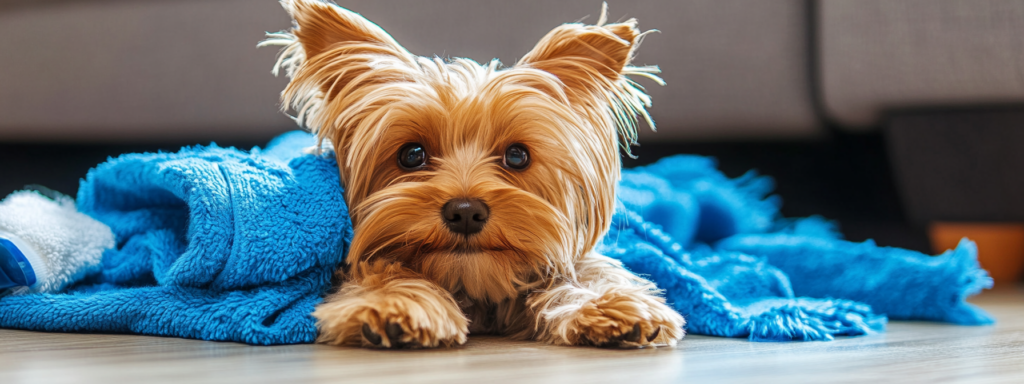
What Are Enzymatic Cleaners and How Do They Work?
Enzymatic Cleaners Eliminate Odors at the Source
Enzymatic cleaners use natural enzymes to break down proteins and bacteria responsible for pet odors. Unlike traditional cleaners that only mask odors, enzymatic cleaners eliminate them by digesting the source of the smell.
How to Use Enzymatic Cleaners Effectively
For optimal results, apply enzymatic cleaners thoroughly to the affected areas and allow them to sit for several hours. This ensures that the enzymes fully break down all odor-causing elements, providing a more permanent solution.
Air Purifiers for Pet Odor Control
Why Air Purifiers Are Required for Pet Owners
Modern air purifiers equipped with HEPA filters and activated carbon are highly effective in removing pet odors from the air. HEPA filters capture pet dander, while activated carbon absorbs VOCs, keeping your indoor air fresh and clean.
Choosing the Best Air Purifier for Pet Odors
When selecting an air purifier, opt for models specifically designed for pet owners. Look for units that include additional filtration layers targeting pet-related odors and allergens to ensure a cleaner home environment.
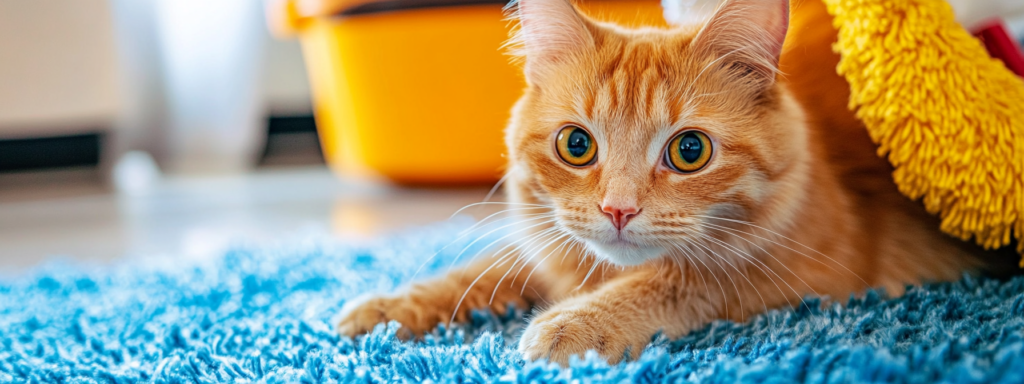
Natural Odor Absorbers: Baking Soda and Charcoal
How Baking Soda and Charcoal Neutralize Odors
Baking soda and activated charcoal are natural odor absorbers. These materials trap odor-causing particles in their porous surfaces, effectively neutralizing unpleasant smells without the use of chemicals.
Using Odor Absorbers in Your Home
To maintain a fresh-smelling home, sprinkle baking soda on carpets and upholstery, let it sit for a few hours, then vacuum it up. Place activated charcoal near litter boxes or pet beds to continuously absorb odors.
High-Tech Pet Odor Deodorizers: Ozone Generators and Ionizers
Ozone Generators for Odor Neutralization
Ozone generators produce ozone (O3), a molecule that neutralizes odors by breaking down the chemical bonds of odor-causing compounds. While these devices are highly effective, they must be used cautiously, as ozone can be harmful to pets and humans if not used properly.
Ionizers for Airborne Odor Control
Ionizers release negative ions that attach to odor particles, causing them to fall out of the air. Although effective in reducing airborne odors, ionizers work best when used alongside other odor elimination methods for comprehensive results.
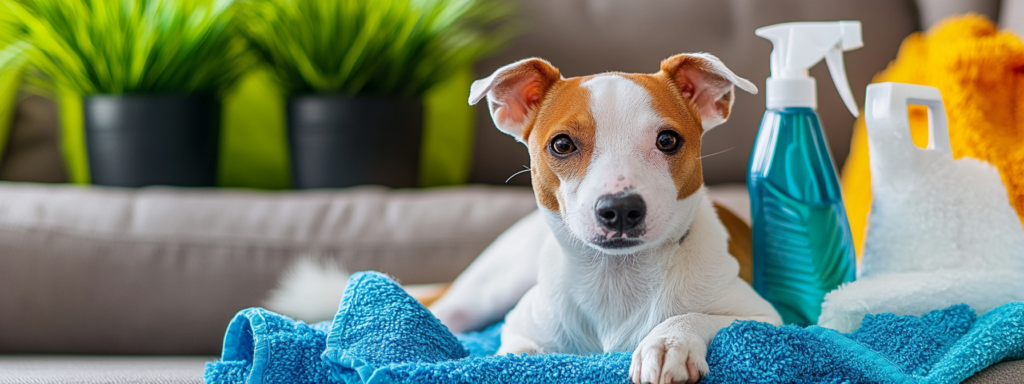
Scented Solutions: When to Mask and When to Eliminate Odors
Scented Sprays and Candles
Scented sprays and candles can temporarily mask pet odors, but they do not eliminate the source. These products are useful for quick fixes but should be paired with more permanent odor elimination methods.
Selecting Safe and Effective Scents
When choosing scented products, opt for those made with natural ingredients that are safe for pets. Avoid products containing harsh chemicals or strong artificial fragrances, as these can irritate both pets and humans.
When to Seek Professional Odor Removal Services
Benefits of Professional Services
For severe or persistent odors that household products cannot eliminate, professional odor removal services may be necessary. These services utilize industrial-strength cleaners and specialized equipment to thoroughly eliminate odors.
What to Expect from a Professional Service
Professional odor removal services begin by assessing the extent of the odor problem and identifying the source. They then apply the most effective treatment methods, which may include a combination of enzymatic cleaners, UV light detection, and ozone treatments to ensure complete odor removal.

Common Questions About Pet Odor Elimination
What are the best cleaning solutions for pet urine?
Enzymatic cleaners are highly effective for removing pet urine odors. They work by breaking down the proteins in urine, eliminating the odor at the source. For best results, apply the cleaner to the affected area and let it sit for several hours.
Can air purifiers help with pet odors?
Yes, air purifiers with HEPA filters and activated carbon can significantly reduce pet odors. HEPA filters capture pet dander, while activated carbon absorbs odor-causing molecules, keeping your home’s air fresh and clean.
How can I prevent my home from smelling like a pet?
Regular cleaning, using odor absorbers like baking soda, and grooming your pet frequently can help prevent pet odors. Using air purifiers and washing your pet’s bedding regularly can further reduce lingering smells.
Are there any natural remedies for eliminating pet odors?
Yes, natural remedies like baking soda, white vinegar, and activated charcoal are effective at neutralizing pet odors. These can be used on carpets, upholstery, and litter boxes to absorb and eliminate odors without harsh chemicals.
How often should I clean my pet’s living areas to control odors?
It’s recommended to clean your pet’s living areas, such as litter boxes, cages, and bedding, at least once a week. For areas prone to odors, like litter boxes, more frequent cleaning may be necessary to prevent smells from building up.
Can pet odors affect indoor air quality?
Yes, pet odors can contribute to poor indoor air quality by increasing the presence of allergens and VOCs (volatile organic compounds). Using air purifiers and regularly cleaning surfaces can help maintain a healthier indoor environment.
How can I remove pet odors from furniture?
To remove pet odors from furniture, use a combination of enzymatic cleaners and odor absorbers like baking soda. Apply the cleaner to the affected areas, let it sit, and then vacuum up any residue. For stubborn odors, professional upholstery cleaning may be required.
Are there any long-term solutions for pet odor control?
Long-term solutions for pet odor control include regular grooming, maintaining a clean home, and using air purifiers. Training your pets to avoid certain areas or providing them with designated spaces can reduce the spread of odors throughout your home.
Advancements in pet odor elimination technology have provided pet owners with a range of effective solutions to keep their homes smelling fresh. From UV lights and enzymatic cleaners to air purifiers and professional services, there are numerous options to address pet odors at their source.
By utilizing these innovations, you can maintain a clean and odor-free home, ensuring a comfortable living environment for both you and your pets.
Author
-

As the Co-Owner of Masterful, Randy has been providing quality cleaning services to the Salem and Portland areas of Oregon for many years. He has built a reputation for excellence in the industry. His team take prides in using the latest cleaning techniques and technologies to deliver exceptional results every time.
View all posts
